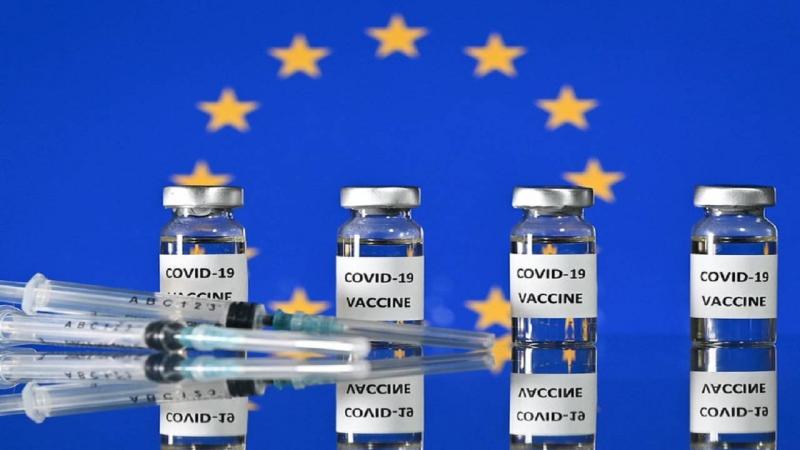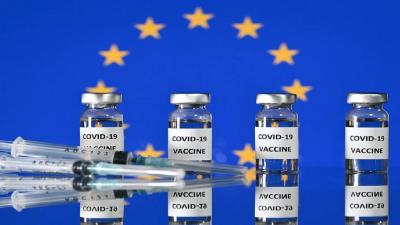The European Union stated on Wednesday that Beijing and Moscow have intensified their campaigns of "state-sponsored disinformation" to undermine Western-developed COVID-19 vaccines while promoting their own. A report from the EU's foreign office indicated that the so-called "vaccine diplomacy" follows the logic of a zero-sum game aimed at "undermining confidence in Western-made vaccines and in European Union institutions and vaccination strategies."
The report noted that since December, Russian media, authorities, and state-owned companies have united to promote the Sputnik V vaccine using "hostile messages" to accuse the EU of "distorting" the Russian vaccine. It continued that "Kremlin-friendly media, including the official Sputnik V account on Twitter, sought to undermine public trust in the European Medicines Agency and to question its procedures and political neutrality."
The report emphasized that state-supported media tried to "create confusion" regarding the approval process for the marketing of the Russian Sputnik V vaccine, attempting to strengthen the narrative that the agency deliberately delayed its authorization. It added that "Kremlin-friendly media also accused the European Medicines Agency and the EU in general of political bias against the Russian vaccine."
At the same time, Beijing promoted its vaccines as "more suitable for developing countries," including those in the Western Balkans, and disseminated "misleading narratives" about the safety of Western vaccines and even the origins of the coronavirus, according to the report.
Vaccination campaigns in the EU faced significant internal criticism due to slow progress caused by delays in vaccine shipments. Additionally, the campaigns were affected by concerns over the safety of certain vaccines, particularly AstraZeneca, due to its association with rare blood clots, prompting some countries to suspend or restrict its use.
However, Brussels has since affirmed that deliveries are currently increasing and that the EU aims to vaccinate 70% of adults by the end of July. The European Medicines Agency began reviewing the Sputnik V licensing application in March. If approved, it would be the first non-Western COVID-19 vaccine authorized for use throughout the bloc of 27 countries.




